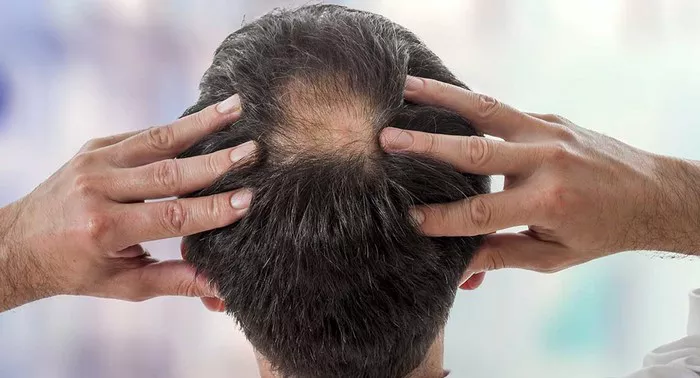In the pursuit of understanding the myriad factors influencing hair health, the role of water quality cannot be overlooked. While city water is typically treated to meet safety standards, the impact it can have on our hair remains a subject of concern. In this comprehensive exploration, we delve into the potential connection between city water and hair loss, shedding light on the various elements that may contribute to this phenomenon.
Understanding City Water Composition:
City water undergoes extensive treatment processes to eliminate contaminants and ensure its safety for consumption. However, the residual composition can vary, and some factors may inadvertently affect the health of our hair. Chlorine, hard minerals, and other impurities present in city water could potentially lead to hair-related issues.
The Role of Chlorine:
Chlorine is commonly used in water treatment plants to disinfect and eliminate harmful bacteria. While it serves a crucial purpose in maintaining water safety, prolonged exposure to chlorine can strip the hair of its natural oils, leading to dryness and potential breakage. Additionally, chlorine can alter the protein structure of hair, making it more susceptible to damage.
Effects of Hard Water:
Hard water, characterized by high mineral content—primarily calcium and magnesium—can have adverse effects on hair health. The minerals present in hard water may accumulate on the scalp, causing dryness, irritation, and a reduction in the effectiveness of hair care products. Over time, these mineral deposits may contribute to hair thinning and loss.
City Water and Scalp Irritation:
The presence of impurities in city water can lead to scalp irritation, disrupting the natural balance of the scalp. Irritation and inflammation can compromise hair follicles, potentially contributing to hair loss. It is essential to be aware of any changes in scalp health and address them promptly to mitigate the risk of hair-related issues.
Protective Measures for City Water-Induced Hair Loss:
Invest in a Shower Filter:
Installing a shower filter can help reduce the impact of chlorine and minerals present in city water. These filters are designed to remove impurities, providing a gentler and more hair-friendly washing experience.
Use Clarifying Shampoos:
Incorporating clarifying shampoos into your hair care routine can help eliminate mineral buildup and residue caused by city water. These shampoos effectively cleanse the hair and scalp, promoting a healthier environment for hair growth.
Deep Conditioning Treatment:
Regular deep conditioning treatments can counteract the drying effects of city water. Choose products rich in moisturizing ingredients to restore hydration and strengthen the hair shaft.
Stay Hydrated:
Maintaining overall hydration is crucial for hair health. Ensure you stay well-hydrated, as dehydration can exacerbate the negative effects of city water on your hair.
Consulting with Hair Care Professionals:
If you notice persistent issues with your hair despite taking preventive measures, it is advisable to consult with a hair care professional. A trichologist or dermatologist specializing in hair health can assess your specific situation, provide personalized recommendations, and offer targeted solutions to address any underlying concerns.
Healthy Hair Habits Beyond Water Quality:
While the impact of city water on hair health is a valid concern, it is essential to adopt a holistic approach to hair care. Incorporate a balanced diet rich in essential nutrients, practice stress management techniques, and be mindful of styling practices that may contribute to hair damage. A comprehensive approach to hair care goes beyond water quality and encompasses various lifestyle factors.
See Also: Hair Loss as a Potential Indicator of Leukemia: A Full Guide
Conclusion:
In the quest for luscious locks, understanding the potential link between city water and hair loss is crucial. While city water undergoes treatment to meet safety standards, its residual composition may impact hair health. By adopting protective measures, such as installing shower filters and using clarifying shampoos, individuals can minimize the potential adverse effects of city water on their hair. Combining these measures with a holistic approach to hair care ensures that the quest for healthy and vibrant hair remains well-rounded and effective.


